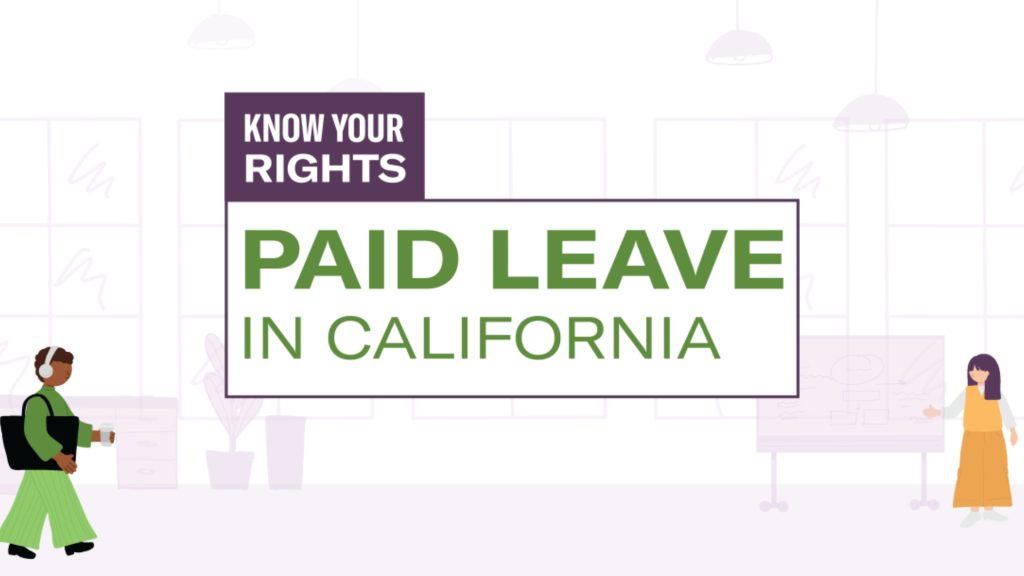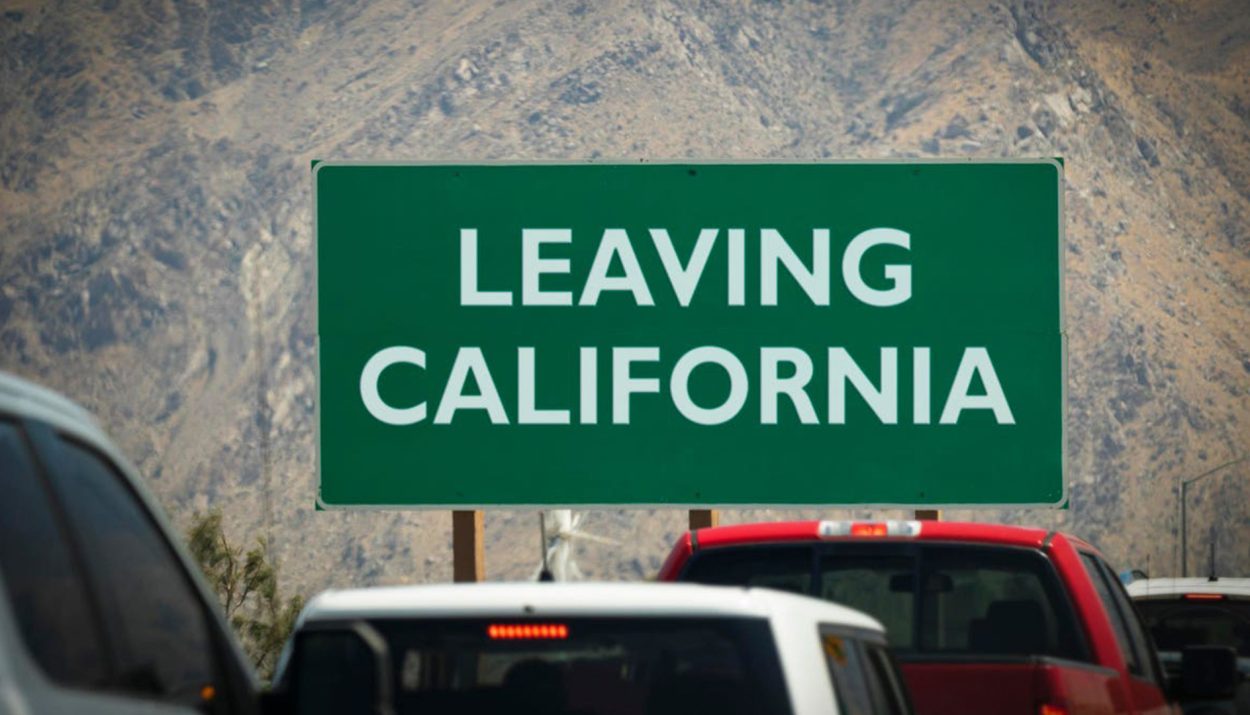California’s iconic nickname, “the Golden State,” is losing its luster for many business owners and residents who are increasingly dismayed by rising crime, high taxes, homelessness, and other pressing issues. A growing exodus of companies and skilled workers threatens to undermine California’s vibrant innovation economy.
This concerning trend raises questions about whether the California Dream remains achievable for entrepreneurs building startups and small businesses.
High Taxes and Cost of Living
With California imposing some of the highest tax rates in the U.S., including the highest state income tax and sales tax, business owners face significant financial pressure.

The high cost of living, especially for housing and utilities, also reduces profit margins for companies and impacts employees. Some firms report that high taxes and living costs have made it difficult to attract and retain top talent.
Over 80% of CA Business Owners Report Increased Crime
According to a recent survey of over 1,000 business owners across California, more than 80% reported noticeable increases in crime around their businesses over the past five years.

Theft, vandalism, and assault were the most commonly cited offenses. Many business owners feel they have been left with no choice but to consider relocating out of state to escape the rising crime and its associated costs.
No Security and Order
Some critics argue that businesses should show more commitment to the communities they serve. However, others counter that the government has failed to uphold its end of the social contract by not providing basic security and order.

“If they can’t protect us, how are we supposed to operate?” asked the owner of a small manufacturing firm in Los Angeles. He says he has difficulty finding staff willing to work certain shifts due to safety concerns and is seriously exploring options to move at least part of his operations out of state.
Complex Regulations and High Costs of Living
In addition to high taxes, California businesses face complex regulations and high costs of living that add to the challenges of operating in the state. The cost of living in California is over 50% higher than the national average.

High housing costs, healthcare, and transportation costs make it difficult to attract and retain employees. Onerous regulations in areas like the environment, labor, and data privacy create compliance costs and uncertainty for businesses.
Anti-Business Policies Hurting CA Companies
California’s unfriendly business policies and high costs of living have pushed many companies to consider moving out of the state.

In recent years, the state legislature has passed several laws that disproportionately impact businesses, from increasing minimum wage to historic levels to expanding employee leave benefits.
Expanded Employee Leave
In recent years, California has vastly expanded its employee leave and benefits programs. While providing workers more flexibility and security, the new laws create additional costs and challenges for businesses.

For example, the state now offers up to 12 weeks of paid family leave for new parents or those caring for ill family members. California also requires employers to provide three days of paid sick leave for most workers.
Woke School Systems a Concern for Business Owners
Business leaders argue that progressive curricula focused on critical race theory and social justice do not adequately prepare students with essential skills for the workforce.

A 2020 survey found that over 64% of executives believe recent college graduates lack key professional competencies such as critical thinking, communication, and problem-solving abilities.
Students Missing Out On Measurable Skills and Quantifiable Knowledge
Rather than teaching students measurable skills and quantifiable knowledge, some schools focus on theories like critical race theory that analyze society through the lens of racial power structures.

Some argue that math, science, and literacy are deprioritized in favor of politically progressive lessons. They worry students may graduate with a superficial understanding of complex social issues but lack the competencies in critical thinking and communication that businesses seek.
The Cost of Doing Business in California
The price of commercial real estate and housing in California is exorbitant, especially in major cities. Renting or buying office space, warehouses, and manufacturing facilities costs a premium.

Employees also demand higher salaries to account for the high costs of living, especially for housing. Utility costs are among the highest in the country due to strict regulations and renewable energy mandates.
No Value For Money
For many business owners, the high costs of operating in California outweigh the benefits of factors like a large consumer base, access to ports and transportation hubs, and a highly educated workforce.

However, others believe that California’s culture of innovation and large economy still make it an attractive place to do business despite the high costs. There are arguments on both sides of the issue as companies weigh the pros and cons of staying in California versus relocating out of state.
Where CA Businesses Are Moving To
California businesses seeking refuge from escalating costs and taxes are migrating to more business-friendly states. Chief among the destinations is Texas, with its low taxes, affordable cost of living, and lighter regulatory burden.

Nevada is another popular choice, especially for companies in northern California. Like Texas, Nevada has no personal or corporate income tax. It also offers lower costs for employee healthcare and workers’ compensation. Arizona similarly provides lower taxes and costs of living while maintaining a pleasant climate.
No Natural Advantage: Less Baggage
Businesses in industries less tied to California’s natural advantages, such as technology and trade, are most likely to make an exodus. However, even companies in real estate, healthcare, and hospitality are evaluating the feasibility of relocation.

Remaining in California may preserve access to resources and talent, but the costs of doing business continue to climb at an alarming rate. Faced with a projected $50 billion budget deficit, the state government is considering tax increases that would place even greater burdens on companies and high-income individuals.
The Challenges of Relocating a Business Out of State
Relocating a business to another state poses many difficulties that business owners must consider carefully. A major challenge is the cost of moving physical infrastructure and inventory to a new location. The expenses of transporting heavy equipment, products, and office furnishings can be substantial.

If a company owns its current facilities, it must also factor in the potential loss from selling the property. Another obstacle is establishing the business in a new regulatory environment with different laws and licensing requirements.
It May Take Time To Rebuild, But It’s Better Than California
Relocating out of state also often means leaving behind a base of loyal customers and clients. Developing a new customer base in the new location requires time, marketing, and additional costs. It may take years to rebuild the same level of sales and revenue.

While some California companies may find incentives to move to states with lower costs of living and more business-friendly policies, doing so is not a straightforward process. Business owners must thoughtfully evaluate all the potential downsides of relocating before making a final decision.






